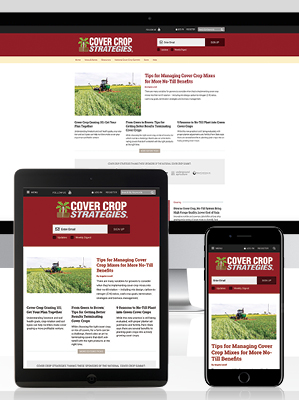MAPLETON, N.D. and SUNNYVALE, Calif. — Horsch and Trimble (TRMB) announced today a collaboration focused on developing solutions that enable autonomy in agriculture with the goal of building a future for autonomous machines and workflows in the industry.
The collaboration extends beyond autonomously controlling machines, such as the self-propelled crop protection sprayers, to full workflow automation from the office to the field. This relationship integrates Trimble's established autonomy expertise in guidance systems, path planning and in-field process automation with Horsch's fleet of machines.
The first phase will bring automation to the complex planning, machine control and logistical challenges faced by sprayer operators to improve machine performance and reduce operating errors. This functionality can significantly reduce the driver's workload, while still allowing them to intervene at any time. In the long term, this technology establishes a basis for operating fully autonomous machines.
Horsch and Trimble have successfully collaborated on implementing control technologies and are extending this to include full machine control solutions. The companies are currently implementing a high level of automation and driver support with steering systems. With this increase in automation, a driver can perform additional in-cab tasks during active field work, such as the required documentation, planning and coordination of work processes.
"Combining the forward-thinking nature of Horsch with Trimble's cutting-edge autonomous technology creates an opportunity for the companies to develop innovative applications for the OEM and Trimble's agriculture network," said Finlay Wood, business area director for Trimble Autonomous Solutions. "We are building new customer-focused solutions as part of our existing connected farm ecosystem to deliver a unique and compelling solution for our customers—simplifying the complex, logistical and operational challenges of modern agriculture."
"The unique opportunity with this collaboration is not that we are presenting a future utopia but that we are moving step-by-step toward autonomy in a pragmatic, consistent manner," said Theo Leeb, managing director for Horsch. "We consider automation in agriculture to be one of our next key technologies, and our goal is to ultimately deliver a platform of various applications to help farmers meet the challenges of the future."




Post a comment
Report Abusive Comment